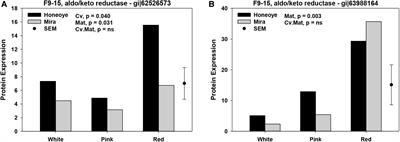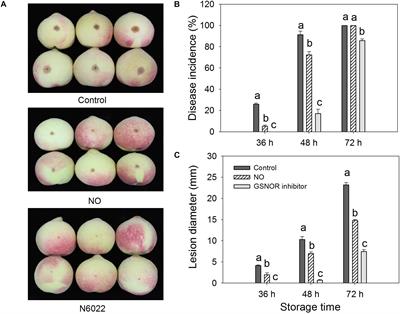EDITORIAL
Published on 26 Jul 2021
Editorial: Regulation of Fruit Ripening and Senescence

doi 10.3389/fpls.2021.711458
- 5,966 views
- 7 citations
22k
Total downloads
98k
Total views and downloads
EDITORIAL
Published on 26 Jul 2021

ORIGINAL RESEARCH
Published on 27 Apr 2021

ORIGINAL RESEARCH
Published on 02 Feb 2021

ORIGINAL RESEARCH
Published on 23 Dec 2020

ORIGINAL RESEARCH
Published on 26 Nov 2020

REVIEW
Published on 27 Oct 2020

ORIGINAL RESEARCH
Published on 09 Sep 2020

REVIEW
Published on 28 Aug 2020

ORIGINAL RESEARCH
Published on 01 Jul 2020

ORIGINAL RESEARCH
Published on 30 Jun 2020

ORIGINAL RESEARCH
Published on 20 May 2020

ORIGINAL RESEARCH
Published on 14 May 2020
